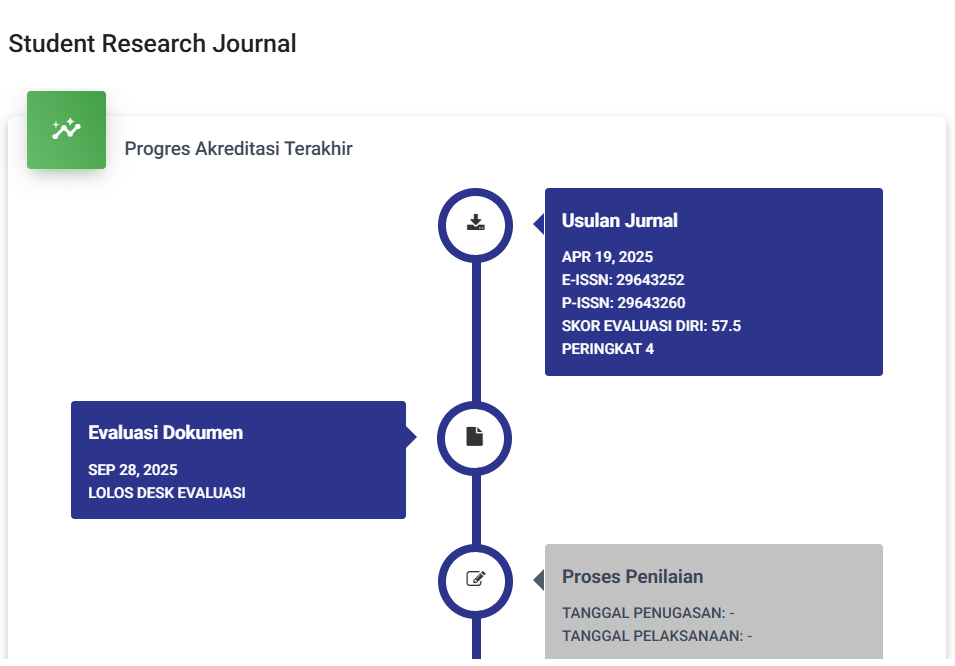KUKUATKAN IMAN MELALUI BERAMAL SHOLEH (Hadist Riwayat Bukhari Muslim Dari Abu Hurairah)
DOI:
https://doi.org/10.55606/srjyappi.v1i4.463Keywords:
Amal Salch, Iman, Semantics, meaningAbstract
Iman and amal saleh (faith and good deed) are two important terms in the Qur'an that always stated together to support one another. Both term firmly wedded in the Qur'an should indicate someimportant meaning to be explored. This article attempts to investigate the meaning of iman and amal shaleh in the Qur'an using semantics analysis offered by Toshihiko Izutsu. This study employs qualitative methods on library research and analized descriptively. This research shows that iman and amal shaleh in the Qur'an connected to one another semantically. When the term amal shaleh stands alone, and without iman, it is useless because no matter good one deed will get no rewards. On the contrary, when one do good thing although a little, one will received reward (pahala). Besides, the term amal shaleh in the Qur'an covers a wide range of meaning related to God, human and other God's creatures.
References
Abu Juhaidah, Tanbihul Ghafilin (Nasehat Bagi Yang Lalai) Jilid 1 dan 2. (Jakarta: Pustaka Amani, 1999).
Ahmad Fawaid Syadzili, Ensiklopedi Tematis al-Qur'an Jilid 4 (Kehidupan Dunia), Jakarta: PT.Kharisma Ilmu, 2010).
Ahmad Fawaid Syadzili, Ensiklopedi Tematis al-Qur'an Jilid 5 (Kehidupan Akhirat), Jakarta: PT. Kharisma Ilmu, 2010).
Ahmad Soenarto, Pelajaran Tajwid Praktis dan Lengkap. (Jakarta: Bintang Terang, 1988) Departemen Agama RI, al-Qur8an danTerjemahannya, (Jakarta: PT. Cahaya Intan Cemerlang. 2006).
Hasan bin Ahmad bin Hasan Hamam, Dahsyatnya Terapi Sedekah, Jakarta, MaghfirahPustaka, 2013
Downloads
Published
How to Cite
Issue
Section
License
Copyright (c) 2023 Putri Rahayu Naibaho, Rina Susanti

This work is licensed under a Creative Commons Attribution-ShareAlike 4.0 International License.








